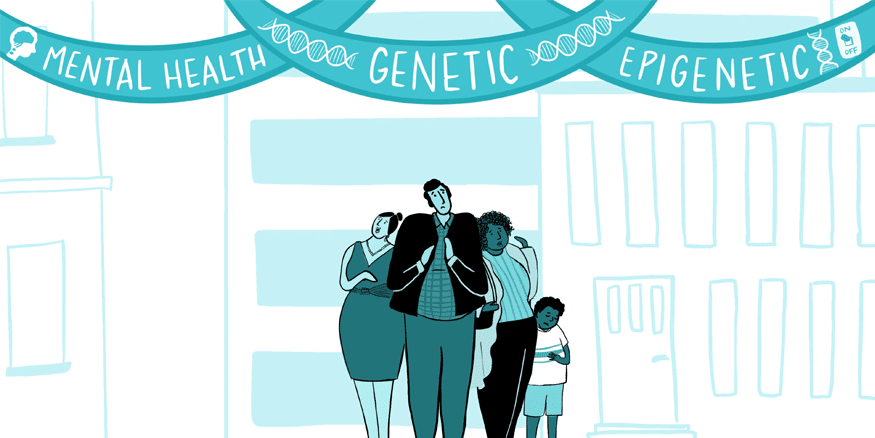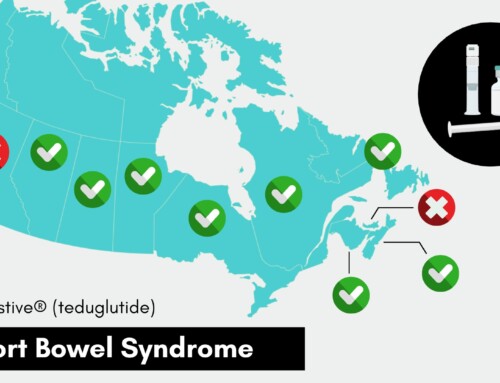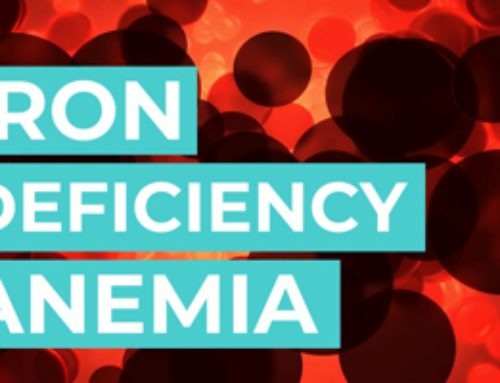
Obesity Video
We have released a new video on obesity that explains some of the basics of how people develop obesity and why treating this chronic disease is often more complex than just eating less.
Video Transcript
For such a common disease, there are countless myths and unfair stigma surrounding obesity. Unfortunately, obesity is commonly framed as a choice, something self-created due to a lack of willpower, laziness, or a general moral failing.
Medical professionals around the world now recognize that obesity is a complex, chronic neuroendocrine disease with mental health, genetic, and epigenetic influences. It is harmful to shame and blame a person who has excess body fat, just as it is to make fun of anyone who has any other chronic disease. While some people can lose weight and maintain a healthy amount of body fat through diet and exercise alone, to have long-term success, most will need to add medical care in the form of medications, surgery, and/or behavioural therapies.
This is because physiological processes in the body fight weight loss at every turn. If you have ever tried to lose weight before, you will understand the frustration that occurs when you are eating well and seeing results, but then your appetite suddenly ramps up, and you find it nearly impossible to continue eating at a caloric deficit, no matter which diet you try.
When you lose weight, you produce higher levels of hormones that increase hunger, such as ghrelin, and produce lower amounts of hormones that regulate hunger, such as GLP-1, and leptin. These modifications can cause a cascade of other effects, such as changes to insulin and cortisol levels, so the battle keeps getting more difficult with every bit of weight you lose. This is not personal failure, this is physiology.
Remarkably, research has shown that the hormonal changes triggered by weight loss can last for months or even years. This is why so many people will gain back all the weight they had lost, and then some, only to try dieting again and find themselves always feeling hungry as they swing between periods of losing and gaining, known as yo-yo dieting.
Maintaining a healthy diet and exercising are beneficial for everyone, so eating a variety of nutritious foods and staying active can improve health, even if it doesn’t lead to weight loss.
You should avoid extreme weight loss programs, as they have very little long-term success. Fortunately, a registered dietitian can help you identify healthy food options, and a kinesiologist can help guide you through beneficial exercises.
If you have struggled with obesity for a long time, you might be feeling hopeless. However, when you learn that there are ways to help manage this disease, you could reclaim your hope.
The good news is that there are several newer medications available to help treat obesity, which your physician can prescribe. These work in a variety of different ways, such as by reducing cravings for food, decreasing physical hunger, or by preventing your body from digesting dietary fats.
Try to avoid supplements or products available over the counter or online, as most of these are unproven and might even be dangerous.
Surgery is another option, and while it might seem drastic, it can be an effective way to achieve lasting weight loss. Surgical options include gastric sleeve, gastric bypass, gastric band, and intragastric balloons. These typically work by limiting the amount of food that you can eat and, in some cases, by removing some of the stomach tissue that produces hunger-triggering hormones. The challenge in Canada is that these surgeries are not widely accessible.
Behavioural therapies are also helpful tools. They guide you to change potentially self-destructive or unhealthy behaviours that might be affecting your food choices and the timing around when you eat. These therapies work by identifying negative habits, so you can turn them into positive behaviours. For example, decreasing portion sizes, practising mindful eating, and swapping sugary beverages for unsweetened ones can help improve your eating habits, and even light changes can have lasting benefits. Behavioural therapies can be especially useful for individuals who experience emotional eating or tend to eat while distracted, and they typically work best when combined with other obesity treatments.
Remember, your brain wants you to thrive and so it defends against weight loss by triggering hunger as soon as you lose weight. Recent scientific discoveries help us understand that weight gain is not a personal failing and that individuals who gain weight need ongoing, varied medical care and understanding, not criticism.
Want to learn more about obesity?
We have several related articles that may be helpful:
- Obesity
- Obesity Video
- Obesity Journey Video
- Obesity Journey Survey Report 2024
- Obesity Survey Results 2021
- Obesity Medications
- Bariatric Surgery
- Hunger and Appetite
- GI Issues Associated with Obesity
- Marty Enokson’s Battle with Obesity
- Don’t Blame the Patient




















